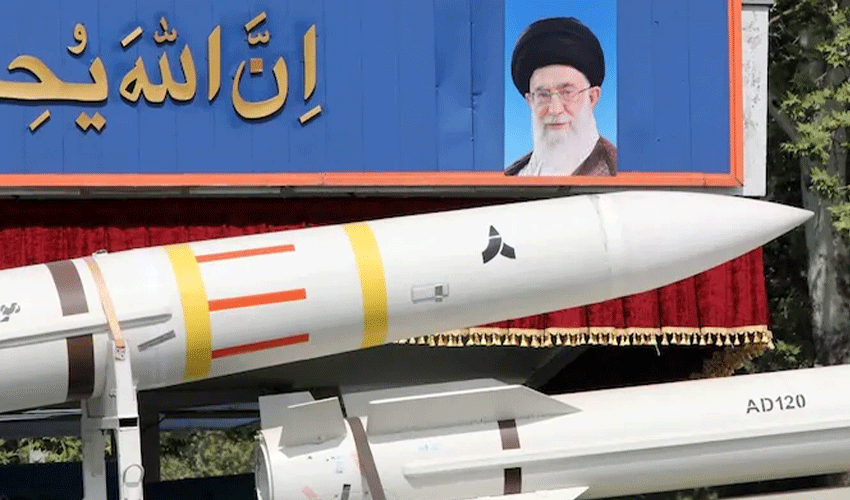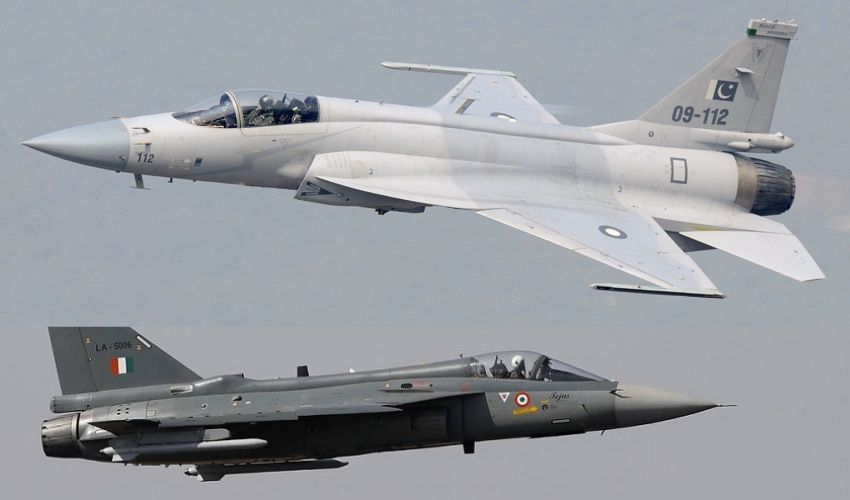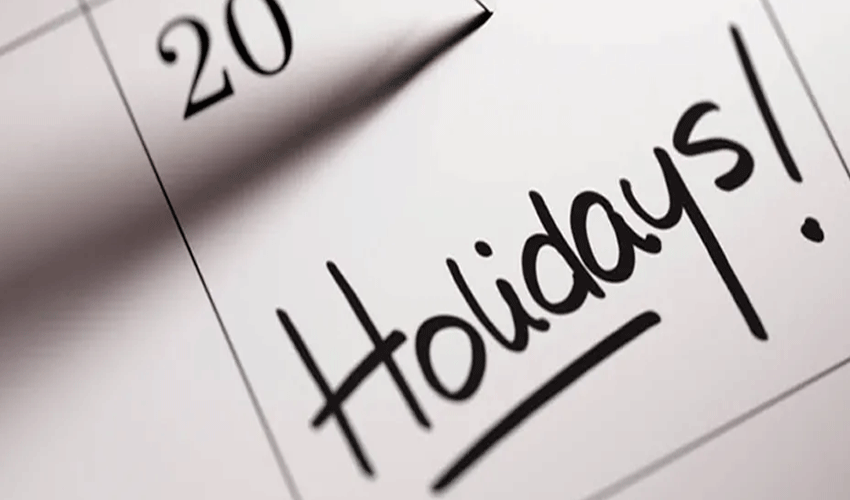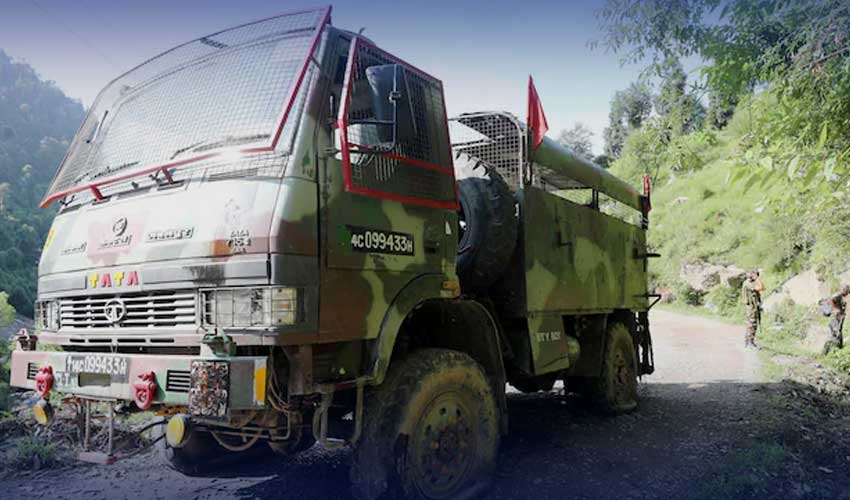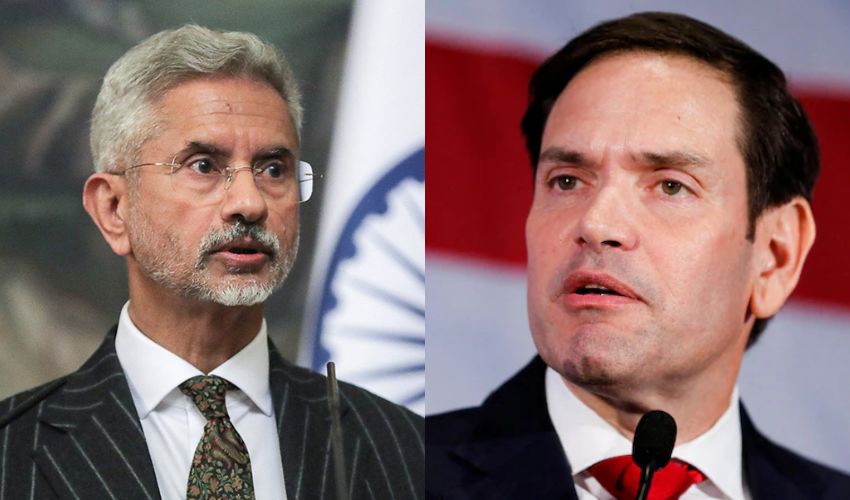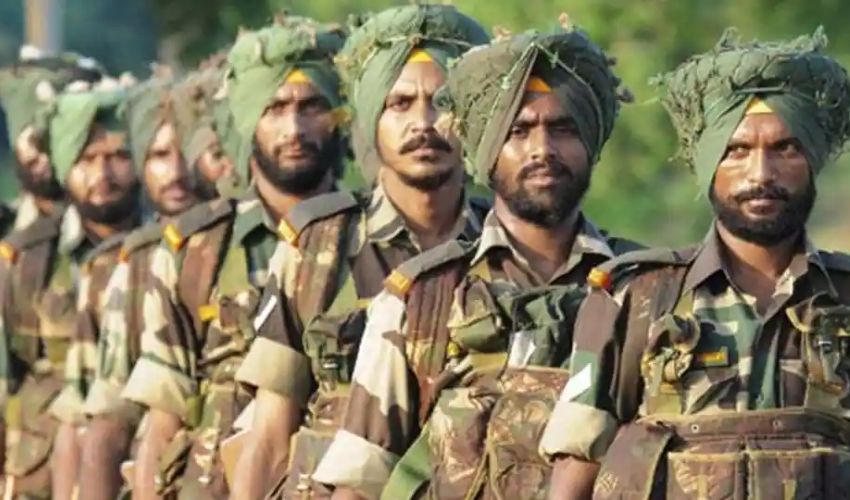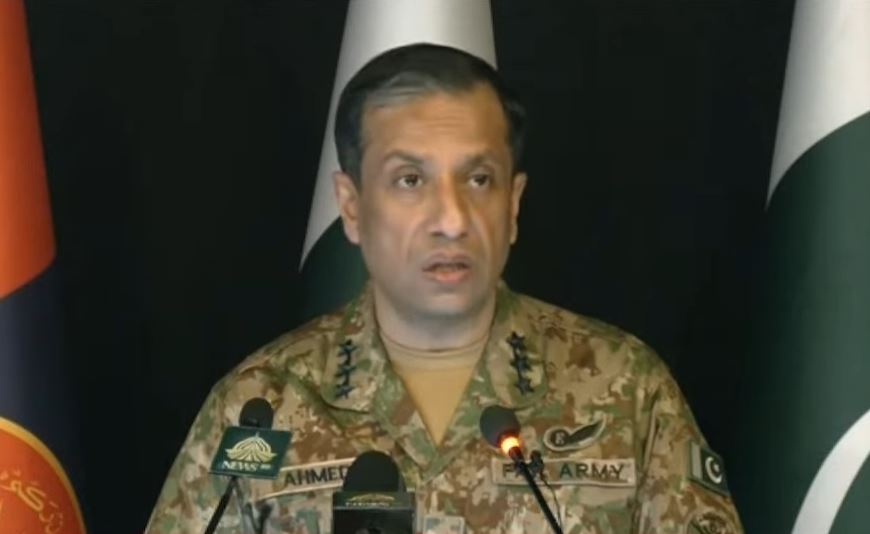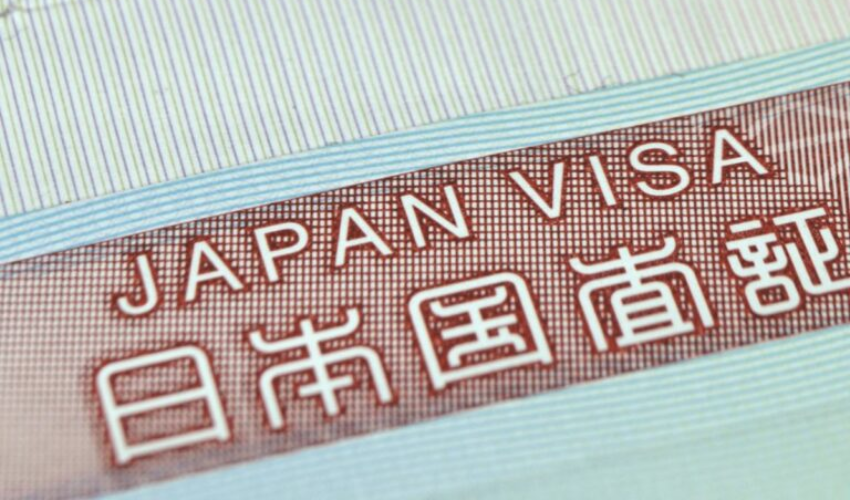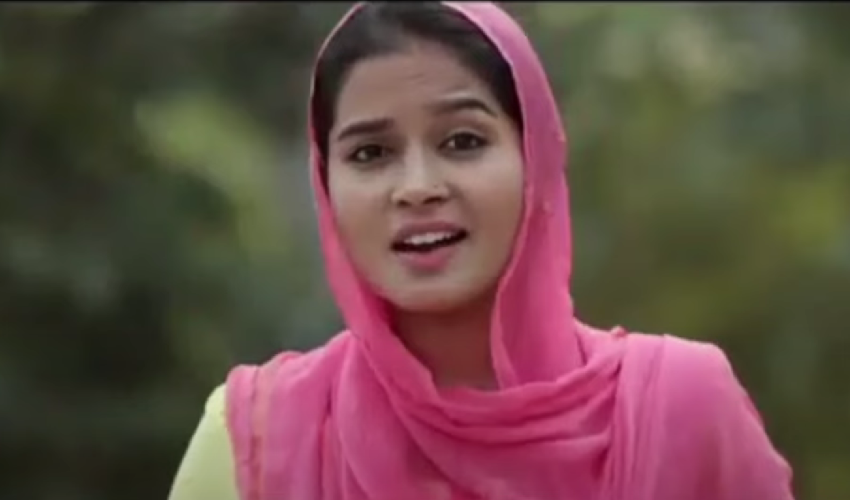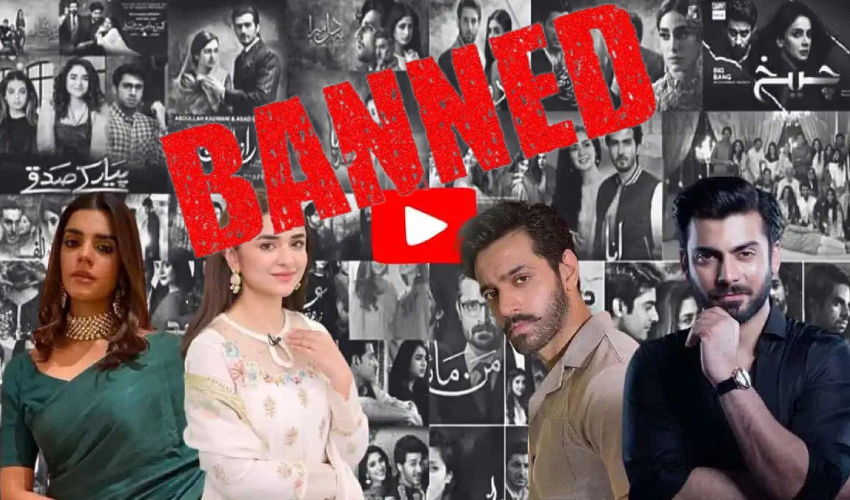Head of the United Nations nuclear watchdog Rafael Grossi has issued a stark warning that Iran is dangerously close to developing a nuclear weapon.
Speaking to Le Monde, Grossi, who heads the International Atomic Energy Agency (IAEA), stated that while Iran is not yet capable of producing a nuclear bomb, the country is progressing rapidly and could soon put together the pieces necessary for weaponization. His comments came just hours before his planned visit to Tehran for talks with Iranian officials on the nation's controversial nuclear program.
“They have the pieces, and one day they could eventually put them together,” Grossi said, describing Iran’s nuclear efforts as a jigsaw puzzle. “There’s still a way to go before they get there. But they’re not far off, that has to be acknowledged.”
Grossi’s words highlight growing international concern over Iran’s nuclear ambitions as the IAEA continues its efforts to monitor Tehran’s compliance with the 2015 nuclear agreement, which has largely unraveled since the U.S. withdrew from the deal in 2018 under President Donald Trump’s administration.
Grossi emphasised that the international community cannot rely solely on Iran’s verbal assurances. “It’s not enough to tell the international community ‘we don’t have nuclear weapons’ for them to believe you. We need to be able to verify,” Grossi said, stressing the need for concrete, verifiable guarantees rather than diplomatic promises.
Since the U.S. exit from the deal, Iran has significantly ramped up its uranium enrichment activities, further escalating tensions with the West. Tehran insists its nuclear program is for peaceful purposes, but the growing pace of enrichment has raised alarms, particularly as the international community struggles to ensure that Iran is not advancing toward nuclear weaponization.
“Iran’s enrichment is a real, accepted matter,” Iranian Foreign Minister Abbas Araghchi said in a recent interview, reiterating Tehran’s stance that its nuclear activities are strictly civilian.
“We are ready to build confidence in response to possible concerns, but the issue of enrichment is non-negotiable.”
Grossi’s remarks come at a time of heightened diplomatic activity surrounding Iran’s nuclear program. He arrived in Tehran just ahead of the second round of direct talks between Iran and the United States, scheduled for this weekend in Rome. The first round of talks, held in Oman, was described by both sides as "constructive," with Iran’s Supreme Leader acknowledging that the negotiations were “going well.” However, Tehran has also engaged in separate consultations with Russia, signaling that its diplomatic outreach extends beyond just the U.S.
Despite the diplomatic optimism, U.S. officials remain firm in their position, with former President Trump reiterating his stance that Iran “cannot have a nuclear weapon.” Trump called on Tehran to abandon its nuclear aspirations, labeling the regime as “radicalized” and underscoring his administration’s commitment to preventing Iran from acquiring nuclear arms.
The upcoming talks in Rome are expected to focus on technical safeguards and verification measures to ensure that Iran’s nuclear activities remain within the bounds of peaceful uses and do not cross into weaponization. The outcome of these discussions could determine the future direction of Iran’s nuclear program and the broader geopolitical stability of the region.





